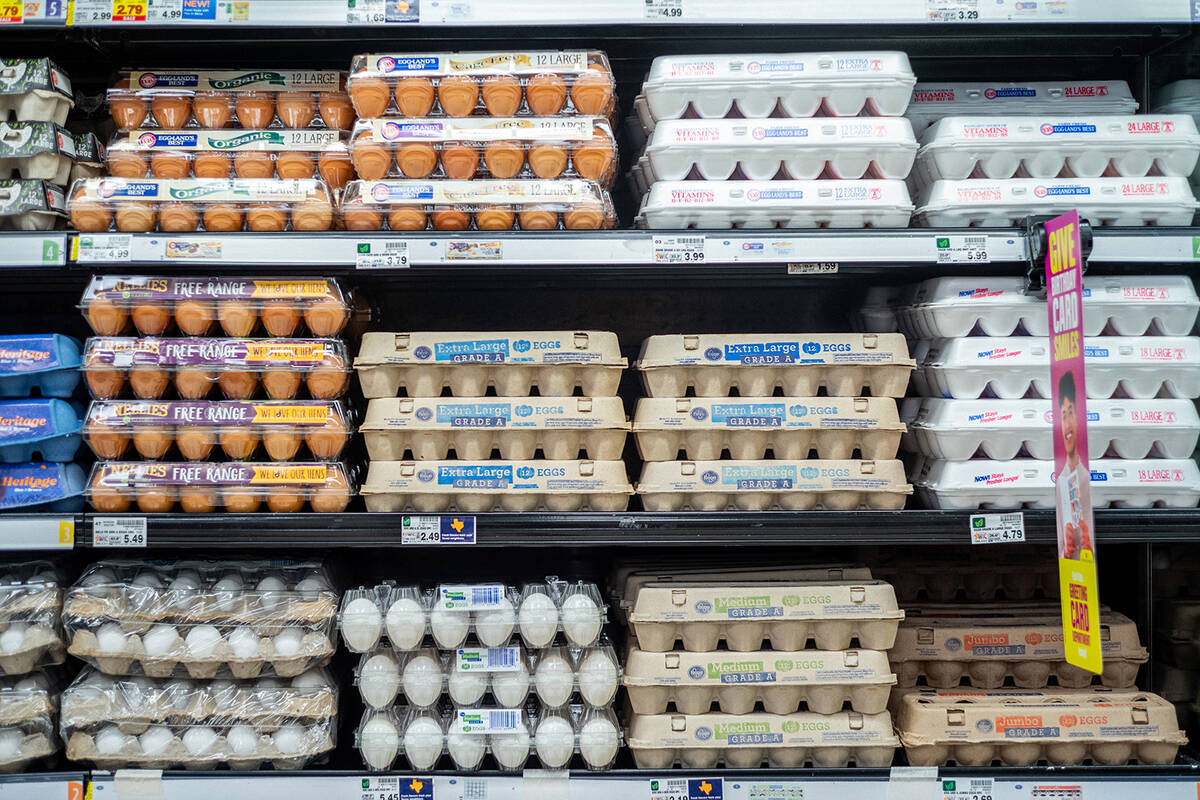Why are eggs so expensive?

Egg prices jumped 49% in 2022 through November, according to data from the Bureau of Labor Statistics, and costs are expected to remain high through the first quarter of 2023, CNN and CNBC report.
The average cost of a dozen large, Grade A eggs more than doubled to $3.59 in November 2022 from $1.72 in November 2021, according to BLS data.
“Prices have been escalating for nine consecutive weeks … setting new record highs on a daily basis since the week of Thanksgiving,” Karyn Rispoli, editor of the Egg Price Current, told CNN.
Prices of eggs have gone up since early 2022 due to the impact of avian flu, which decreased the supply of egg-laying hens throughout the year. But CNN reports that the situation has been exacerbated by higher energy and feed costs, in addition to high consumer demand in the later part of the year due to holiday baking habits as well as consumers forgoing higher-cost proteins like beef.
Avian influenza, or bird flu, is caused by an influenza type A virus that can infect birds like turkeys, chickens, ducks and geese, among others, the Dallas Morning News’ Sarah Bahari reported in September 2022. The highly pathogenic virus is often fatal for birds, but rarely affects humans.
More than 57 million birds across 49 states have been affected by this year’s flu outbreak, according to the Centers for Disease Control and Prevention. The disease has primarily affected “layers” — chickens raised for eggs — but not “broilers” — chickens raised for meat, which is why poultry prices haven’t been affected as strongly, NPR reported.
Experts told CNBC that elevated egg prices could last into the first quarter of 2023, but that price pressures appear to be easing along with seasonal demand. However, any additional outbreaks of bird flu could disrupt this trend.